Try using audacity/tenacity with each mic on one stereo channel, press recording and like the output to OBS.
Navigator
Déjà dans un monde d'abondance, tu pourrais être salarié au lieu d'être intermittent.
Eve Online!
On the home page : https://dogmazic.net/ On the right you have 4 foldable menus, the fourth one is a radio player. It's playing all the content of the archive at random (be careful as there are a lot of weird stuff ;o)
Dogmazic! Dogmazic is one of the primary free music download managers in France. Dogmazic was created in December 2004 by the Bordeaux-based Association Musique libre!, a major proponent of the French free music movement. Dogmazic's database contains roughly 2000 artists, largely but not exclusively from France. All of Dogmazic's music is licensed under terms that permit free redistribution, such as Creative Commons licenses and the Free Art License. Dogmazic does not carry any advertising.
https://en.wikipedia.org/wiki/Dogmazic https://dogmazic.net/
En fait tout dépend ce qu'on entend derrière le terme nationalisation. L'article oppose nationalisation et bien commun, car nationalisation = bien public et au Québec apparemment bien public = l'État s'enrichit en détruisant des écosystèmes. Alors qu'en France l'État n'a pas le droit de détruire des écosystèmes, en gros en France l'État n'a pas le droit de se comporter comme une entreprise normale sur des questions publiques, notamment car les services publics sont basés sur l'intérêt général et pas sur le principe de remplir les caisses.
2 remarques : 1/ Concrètement le cas du Québec montre qu'en pratique ça ne change pas grand chose : l'État donne des autorisations d'exploitations à des agents économiques. Dans la nationalisation, l'État se délègue à lui-même l'exploitation c'est tout. 2/ Le fait d'inscrire qu'une chose est un bien commun dans une constitution est toujours une bonne idée, vu que ça donne une protection supplémentaire et on en aurait bien besoin (pour l'eau et d'autres domaines) en France pour contrebalancer les privatisations qui rongent les services publics.
It"s a top-down shooter, plain and simple.
Le bureau, le bureau.
Tu devrais aller le proposer au Tribunal Des Bureaux (tenu par Ackboo, sur Canard PC, ils ont un discord je crois), a priori il y a encore du taf pour être au top...
On the DAW, the three are good, I use Ardour cause it's a free software, but I've been told the other two are good, specially for people coming from ableton who want something close. Ardour is really a old-fashioned daw like pro-tools.
Check Librazik it's a distro based on debian made for musicale production.
I'd say you don't need a specific distro for what you want to do : a Debian or Arch with KDE could do the trick, but I would recommend to use a lighter desktop environment like Xfce. You may not like it coming from mac but it will preserve machine resources for your audio work.
Ardour runs pretty much on it's own on any distro, you can still do some conf, I suggest to go to linuxmao.fr the website is mostly in French but have a lot of configuration documentation.
This audio interface will not be an issue as it's plug and play on Linux since a while now.
- Yes they are afraid to not being able to live, but is the incentive to sell your art or die make them happy ? I doubt it.
- I'm not for abolishing intellectual property. In fine artist who don't want to be share shouldn't, but the fact is most artist aren't ready to defend their art in court to get their will respected. They prefer to wait for the magical technological miracle that will save them, exactly like the rest of us.
- Rarity is still a topic here, because in itself selling art online doesn't bound the file sell to the usage of the person who bought it. AI doesn't prevent artists to sell their art, but it feels like it didn't it ? Why ? Because the art is even more largely accessible to commoners and we don't want that because it is lowering the value of art. But it's just the financial value of the piece that gets to go down, not the real interesting value.
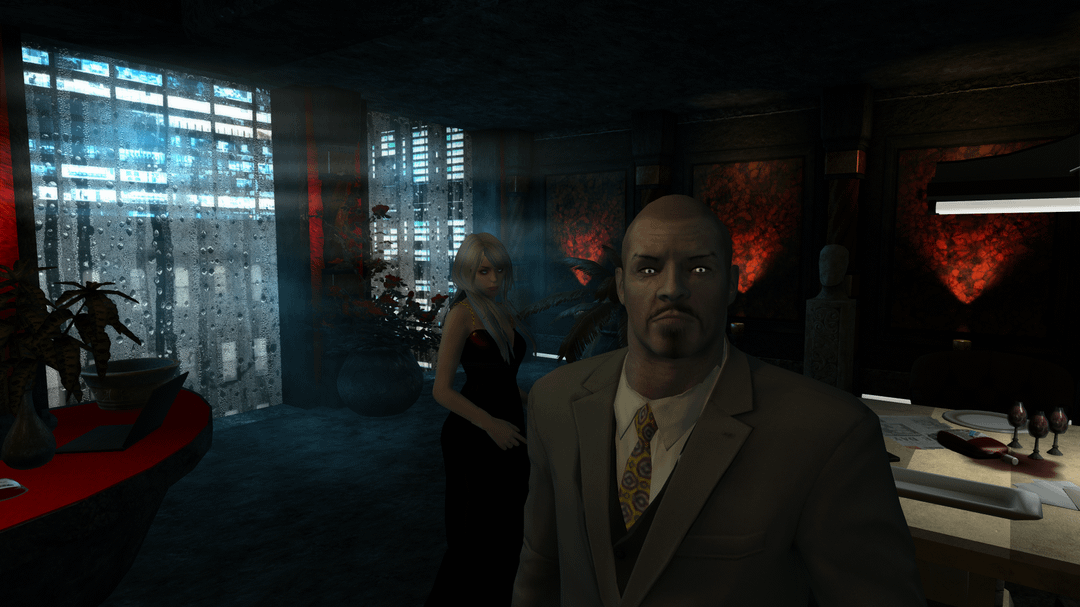
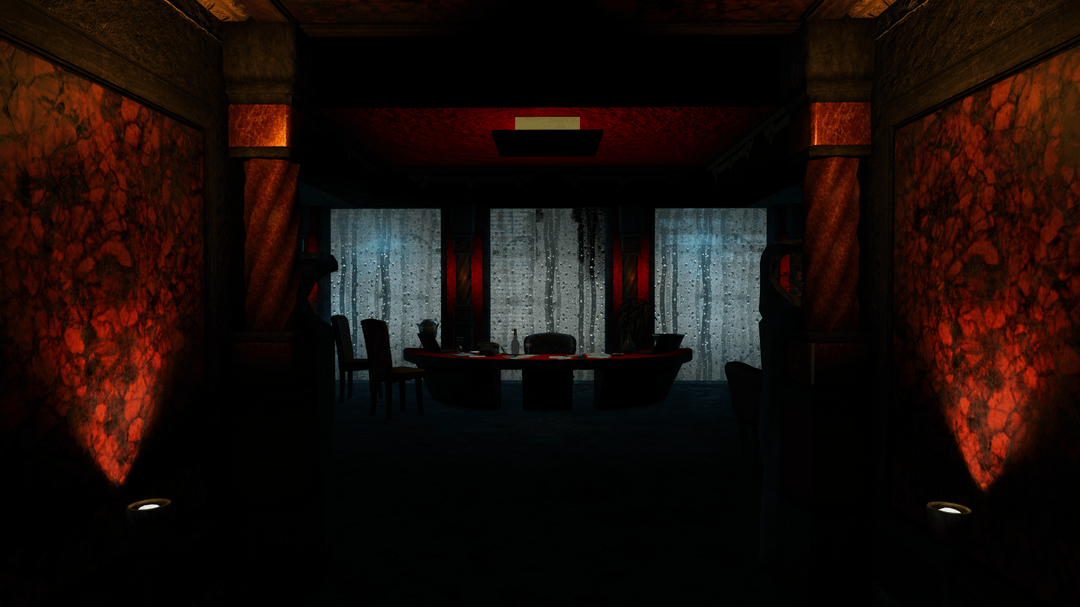
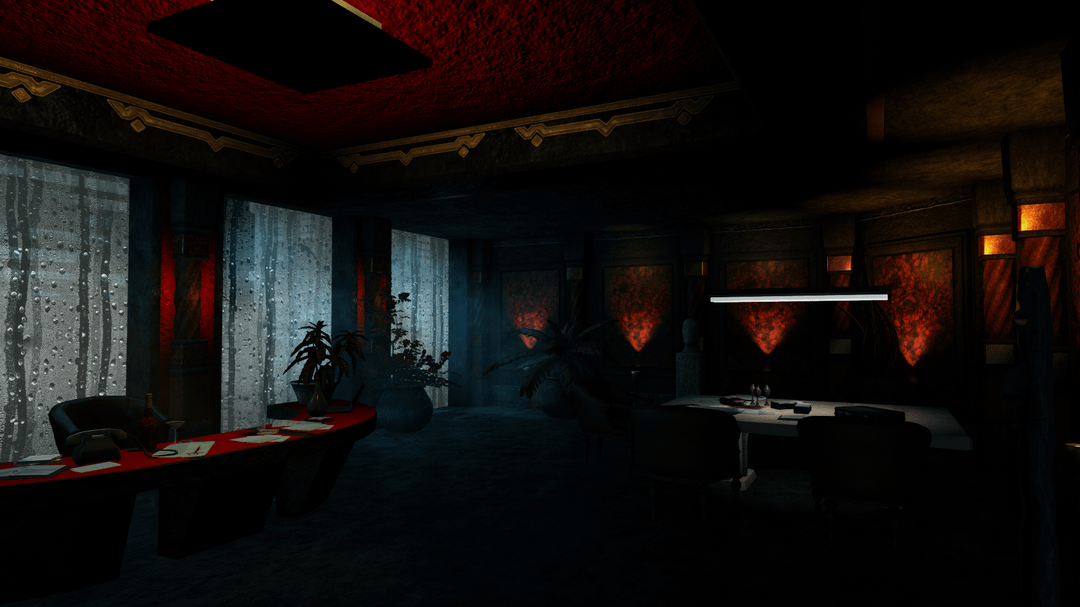
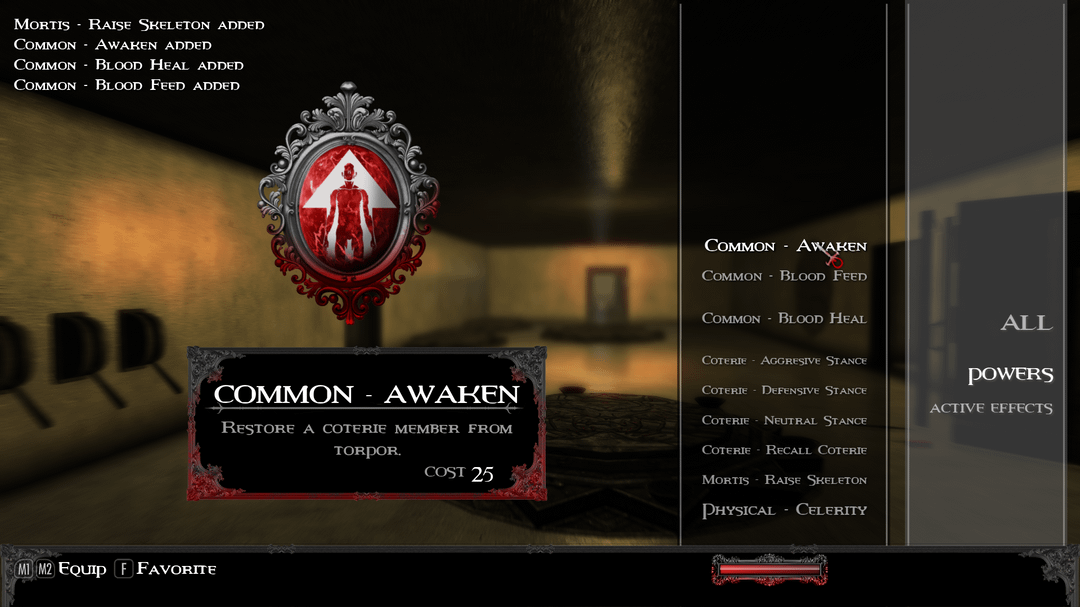
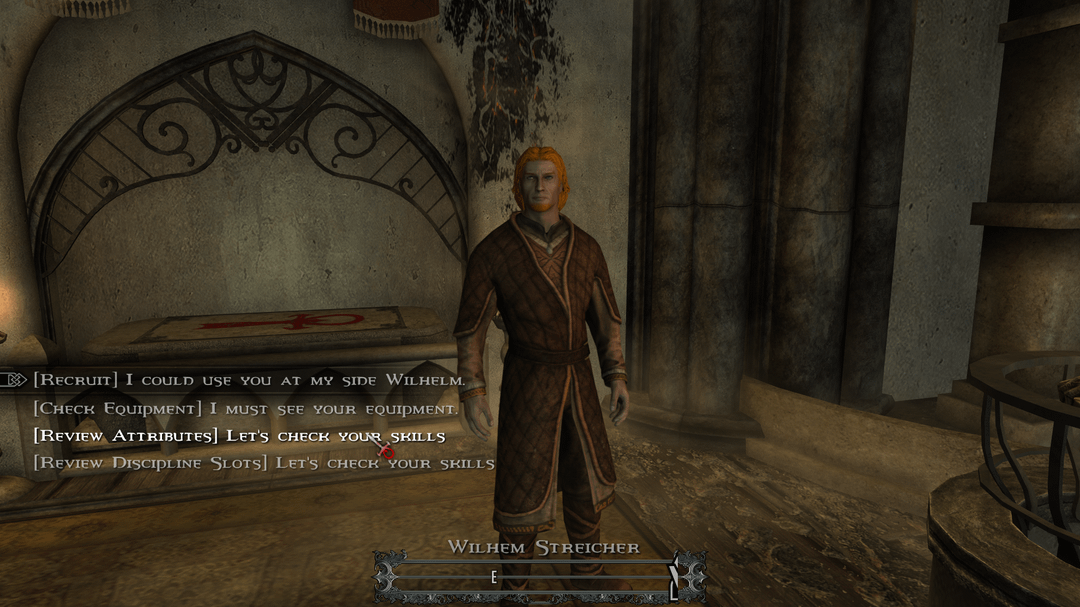
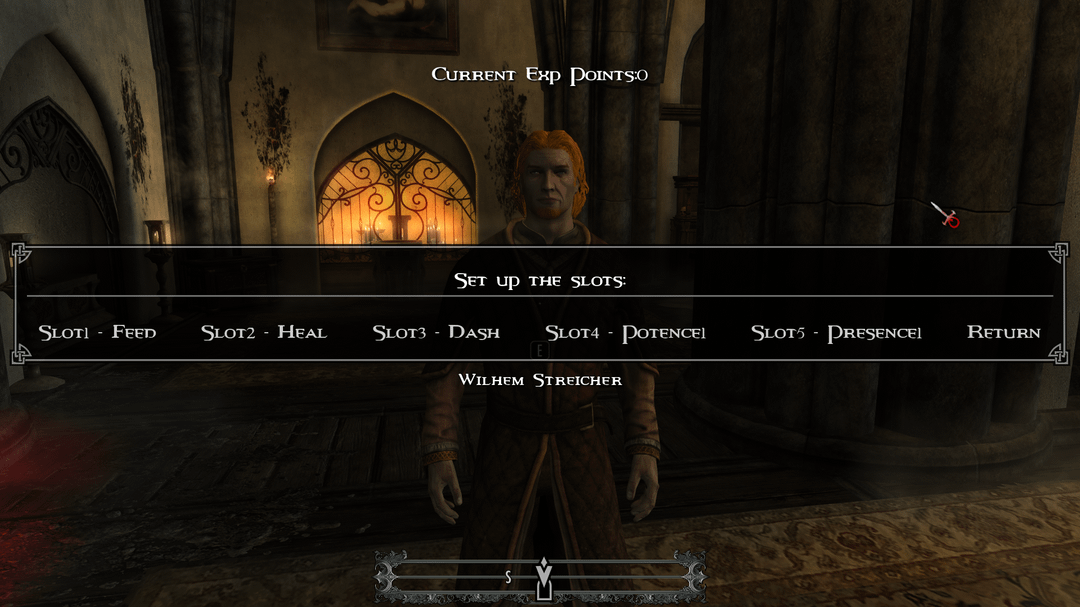
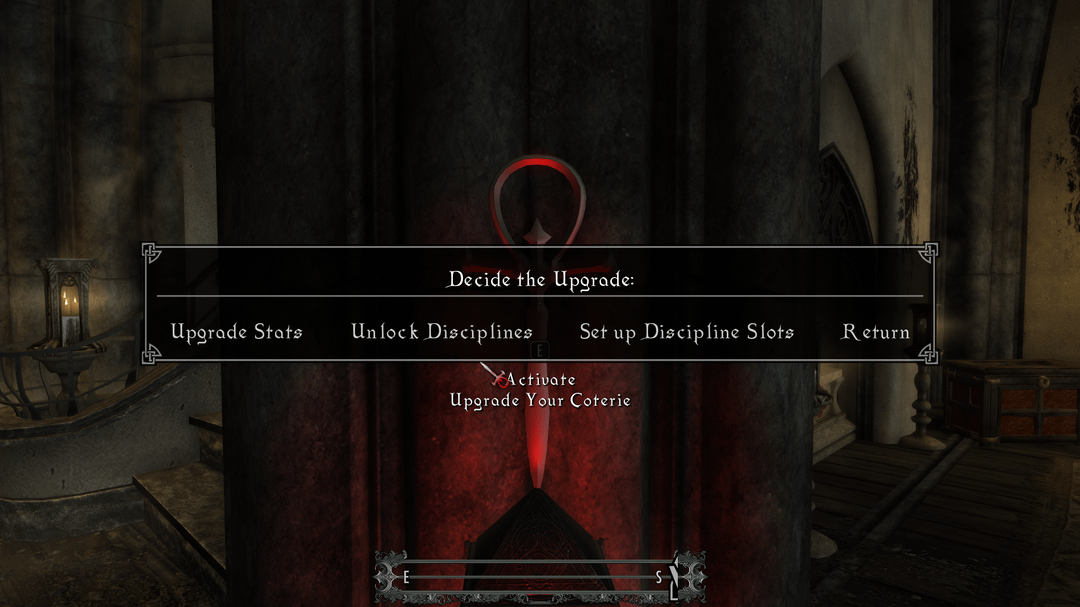
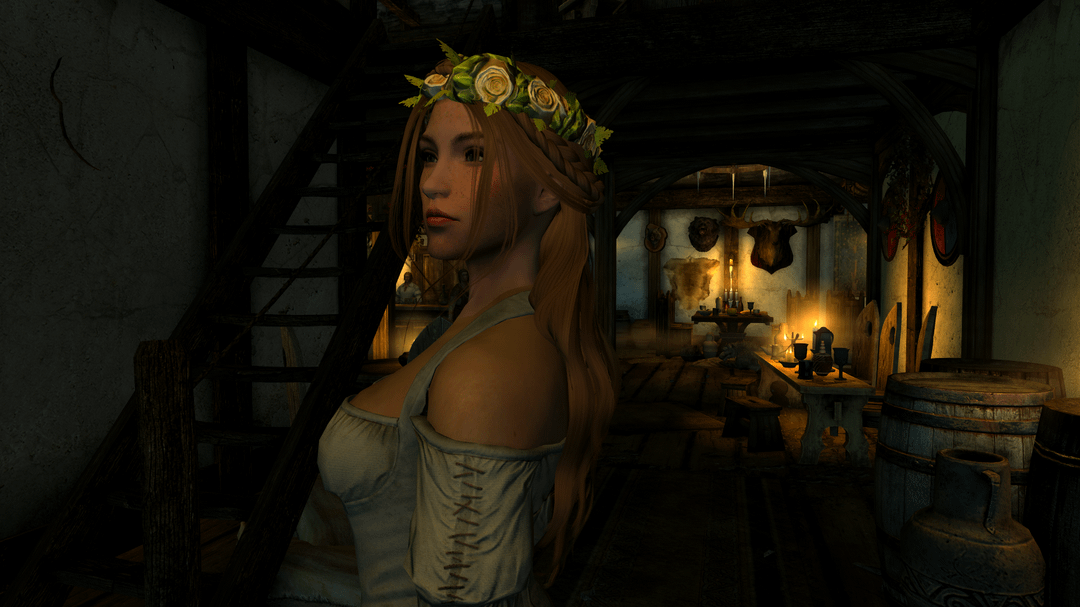
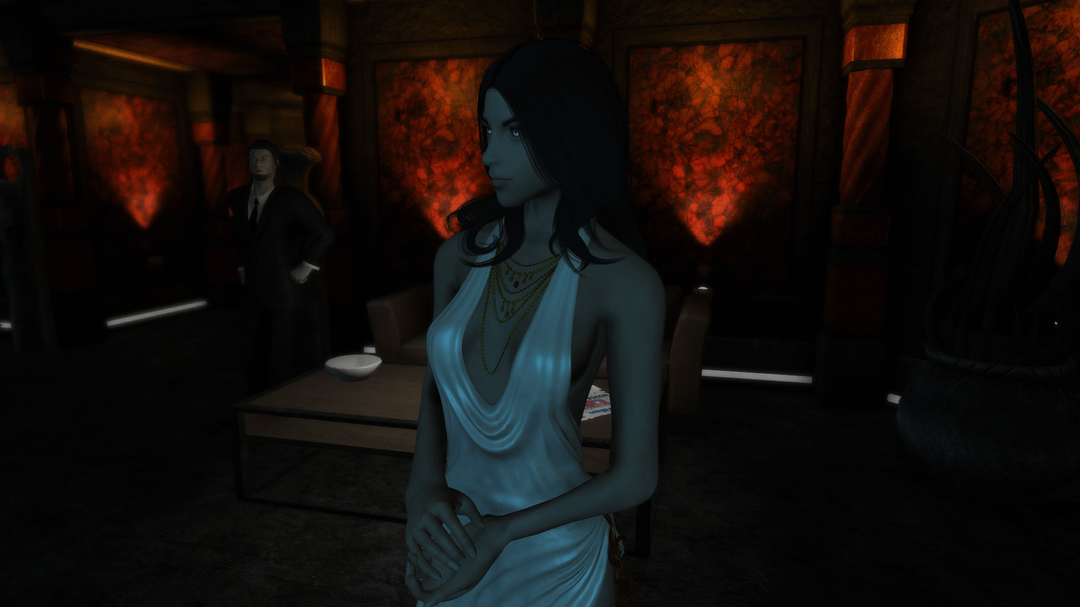
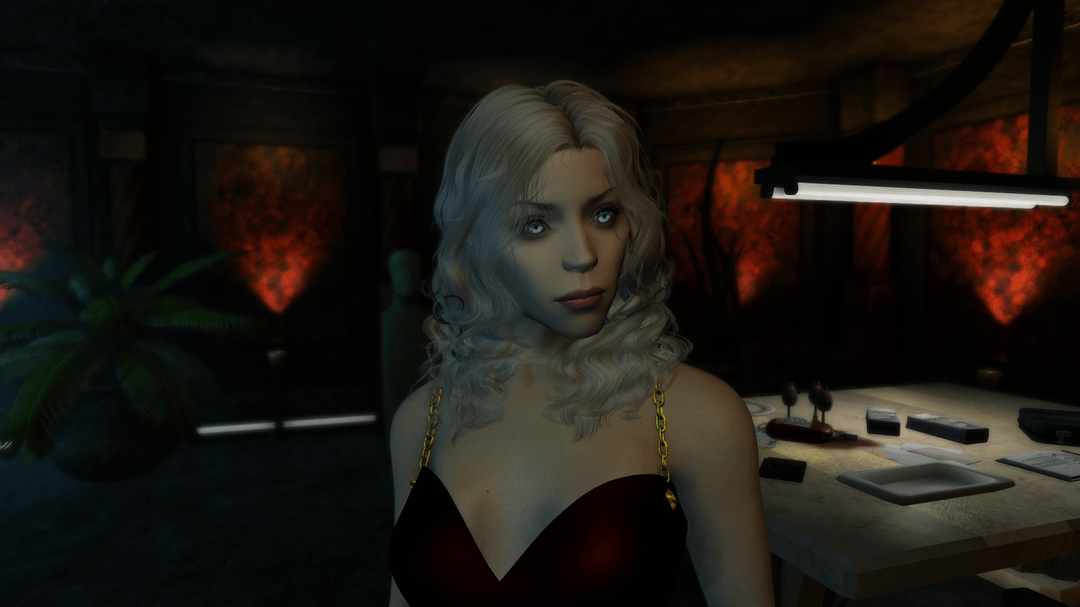

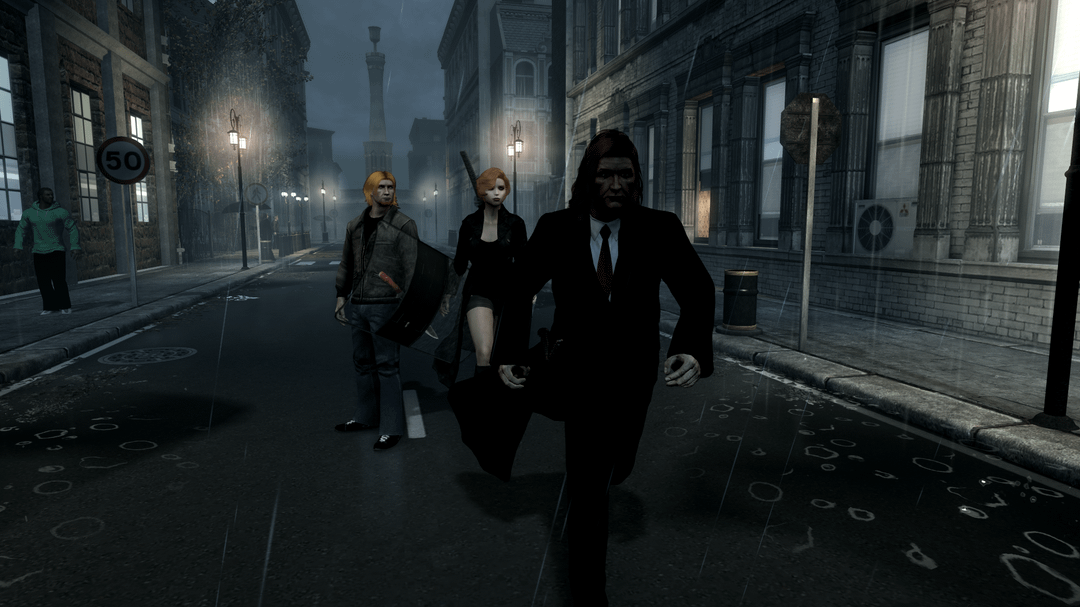
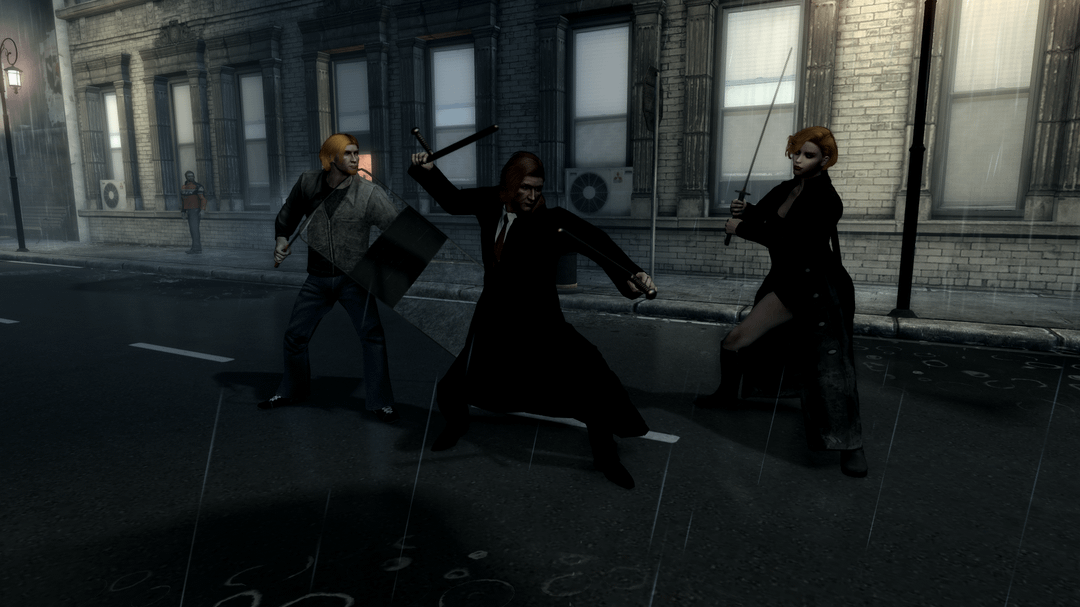
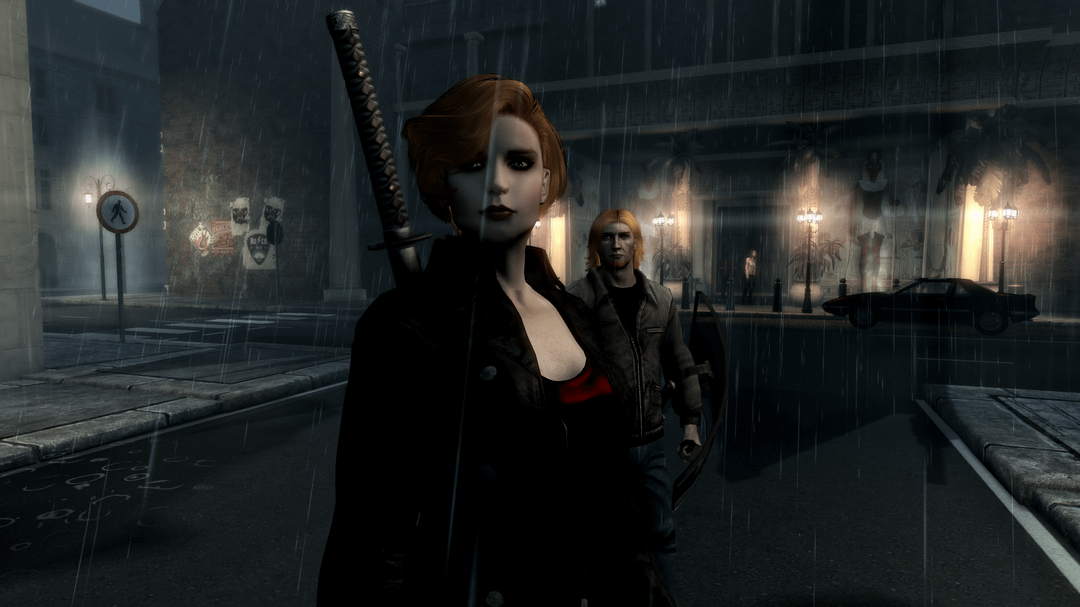


Welcome and congrats on your migration under GNU/Linux.
VST is a proprietary format therefore it is made to not work on linux. On linux synth or virtual instruments are LV2 plugins (like Helm, Surge or Vitalium) or SF2/SFZ soundbank (played with Sfizz or Fluid Synth).
Now Ardour, Bitwig and Reaper can load VST plugins, but :
These companies won't make their plugins available under Linux cause 'there isn't enough people using it on linux' (words of someone at Spitfire who I was asking the question).
My workflow for production in a few words :
Edit : Yeah Carla can be used as well, it can load VST plugins and act like a plugin library (pretty much like Kontakt).